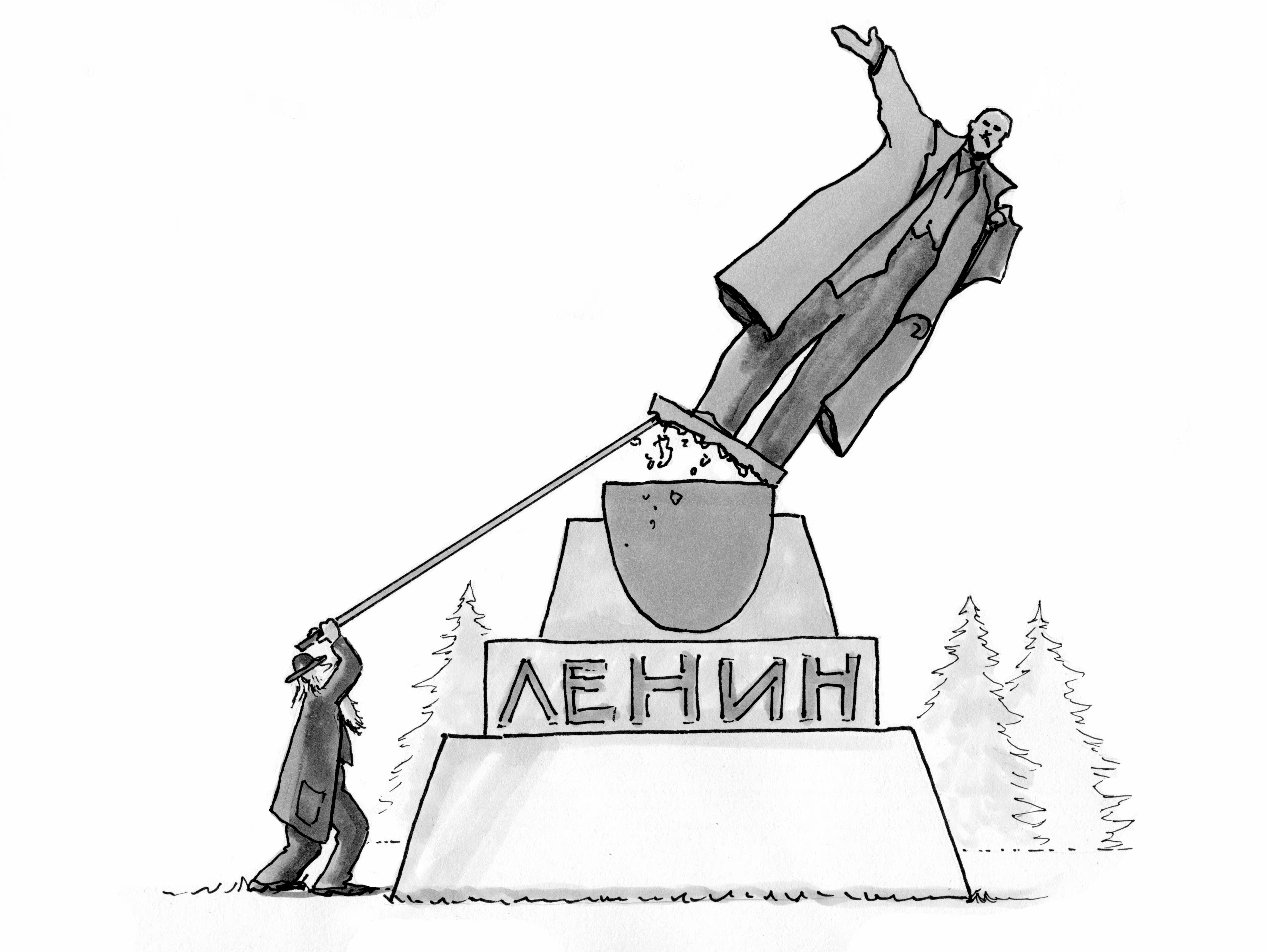Socialism is usually contrasted with Capitalism, a system that allows individuals to keep the rewards of their own efforts. But Capitalists have not abandoned a vision of a good and just society. Their claim is that Capitalism is the best way to create such a society. Anyone who tried to defend a form of Capitalism that leads to widespread human suffering and the degradation of our planet would be just plain immoral.
Capitalism avoids the errors of centralized planning and—at least initially—the concentration of power in the hands of a few elites. That gives Capitalist societies a kind of vibrancy that Socialist societies, wrongly understood, lack. If nothing else, Capitalist societies are good at changing. But are they good at changing in a direction that benefits the common good?
That depends upon how the pursuit of individual interest is regulated. Small-sale human societies provide a model for Capitalism, no less than Socialism. There is plenty of individual striving but it requires cultivating a good reputation, which in turn requires aligning one’s self-interest with the common good. Naked aggression and other disruptive forms of self-interest are quickly detected and punished—never entirely, but to an impressive degree. Small-scale societies are the most highly regulated societies in the world.
The great challenge for Capitalism, as with Socialism, is how to scale up the alignment of self-interest with the common good. One form of Capitalism attempts to do this primarily through the adjustment of prices in a free market. The logic of this approach is that everything of value can be represented as a monetary value and the laws of supply and demand provide what people are most willing to pay for. Thanks to the “invisible hand” of the free market, there need not be a deliberative process of aligning self-interest with the common good. Greed becomes good and traditional moral systems become obsolete.
This form of Capitalism is profoundly mistaken and directs change toward extreme inequality, widespread human suffering, and degradation of the planet. However, other forms of Capitalism can be just as powerful as change engines and do a better job of aligning self-interest with the common good. These forms of Capitalism work, not by replacing traditional moral systems with a price system, but by scaling up the essential elements of traditional moral systems. A higher good (e.g., national welfare) is kept explicitly in mind and markets, along with other incentives, are constructed to become aligned with the common good, like a reputational system writ large.
These more enlightened forms of Capitalism go by many names, reflecting independent historical derivations. They broadly converge with enlightened forms of Socialism, which explicitly begin by focusing on the common good but also appreciate the power of free enterprise, appropriately regulated.
The authors of the Federalist Papers had a far more nuanced understanding of Adam Smith than his cartoon “invisible hand” portrayal today. They knew that governance in all its forms, from the U.S. Constitution to the organization of its economy, requires aligning self-interest with the common good. The idea that a free market can accomplish this alignment all by itself is a nineteenth and twentieth-century invention that has no scientific warrant and has failed in practice.
Thanks to 200+ years of refined thought since the Federalist Papers, we can begin to drop oppositional terms such as “Socialism” and “Capitalism” and function more like scientists, framing and testing hypotheses on forms of governance that provide what all of us want—justice and sustainability at all scales, from small groups to the planet.
Image: “RIP Benign Invisible Hand” by Julia Suits













